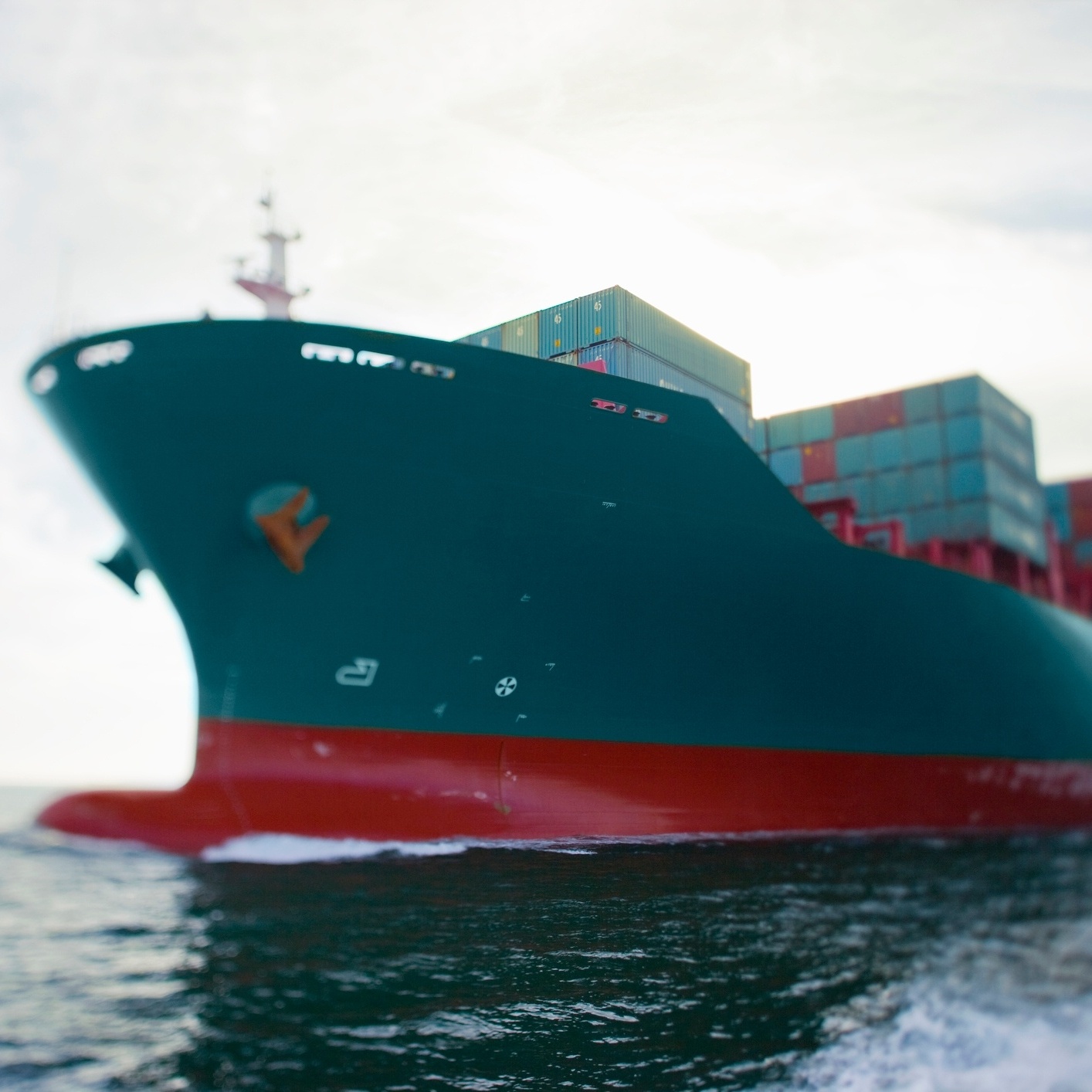Given the recent expansion of the regulatory landscape in light of the ongoing events in Russia and Ukraine, namely the imposition of extensive sanctions on Russia (and certain Russian banks and nationals), there has been a lot written and published on the black letter terms of the sanctions themselves. This update focuses on the common “secondary issues”, these being the commercial questions that arise from the implementation of sanctions that are most likely to impact on parties’ contractual obligations.
Interpreting your contract in the wake of Russian sanctions – Commercial questions to consider
Topics: Force majeure, Russian sanctions, Frustration, Illegality
The ICC’s Response to Covid-19 in Relation to Force Majeure under its Rules
By Geoffrey Wynne and trainee Szonja Kolbenheyer at Sullivan in London
On 7 April 2020, the International Chamber of Commerce ("ICC") published a paper titled "Guidance paper on the impact of COVID-19 on trade finance transactions issued subject to ICC rules."
This paper addressed the question as to whether banks and guarantors could seek to apply force majeure as a result of Covid-19, as a defence to non-performance. The key consideration is whether Covid-19 amounts to an interruption of their respective businesses or to an event beyond their control. This paper also considered the issues currently faced around the delivery of documents in trade finance transactions. The ICC looked at various scenarios relating to the delivery of documents under rules including UCP 600 and ISP 98 for letters of credit (‘LCs’) and URDG 758 for guarantees.
Topics: Trade & Export Finance, Force majeure, COVID-19, ICC Rules
By Katharine Wheatcroft and Duncan Burrell
As the so-called COVID-19 virus continues to spread in China and this week also in Italy, Iran and Korea, with almost 80,000 confirmed cases and over 2,000 dead as of late February, the world’s second largest economy is struggling to get back to work, and other economies are feeling the effects.
Within the trade sphere, worker shortages, transport disruption and heavy government restrictions have meant that many of the corporations that drive China’s economy, the world’s largest importer of raw materials, are starting to review their international supply and demand contracts.
Topics: Trade & Export Finance, Force majeure



